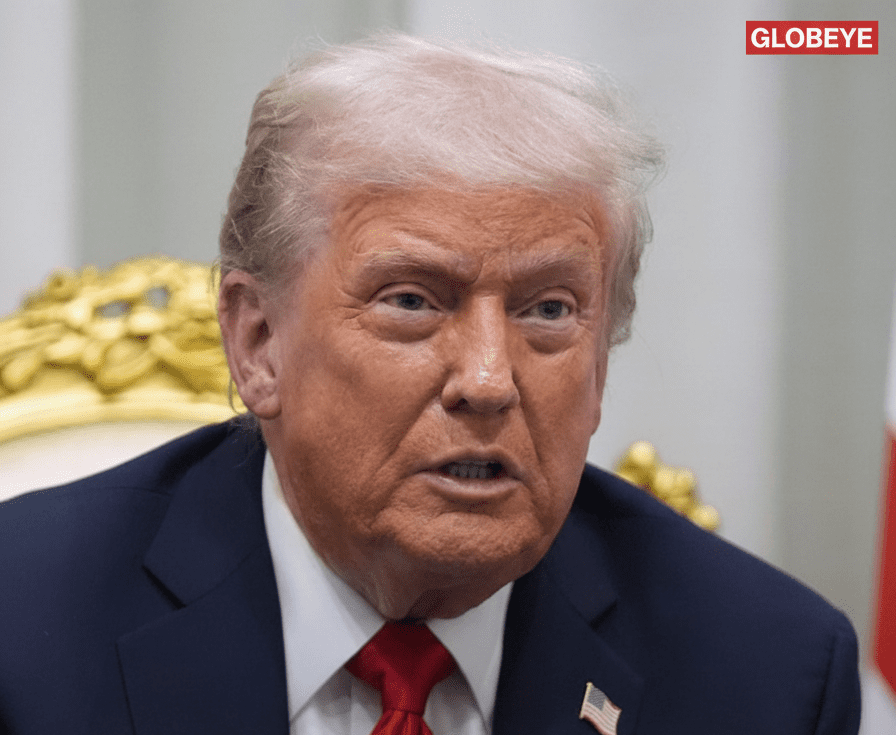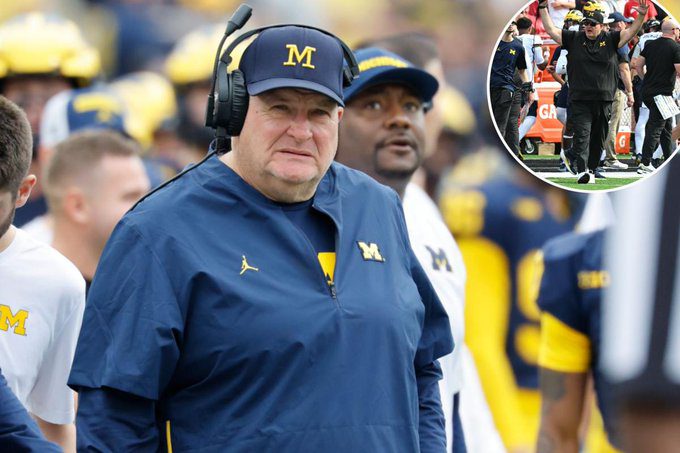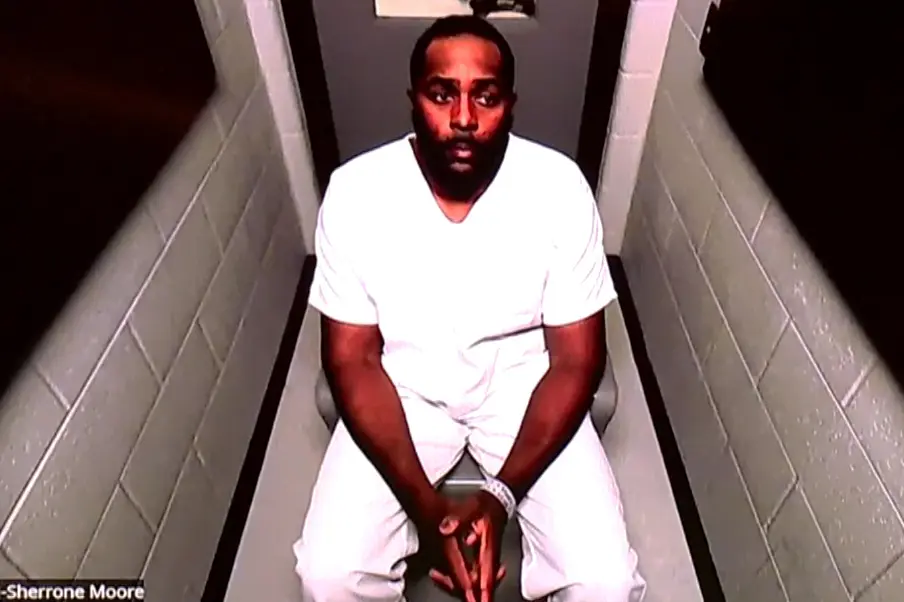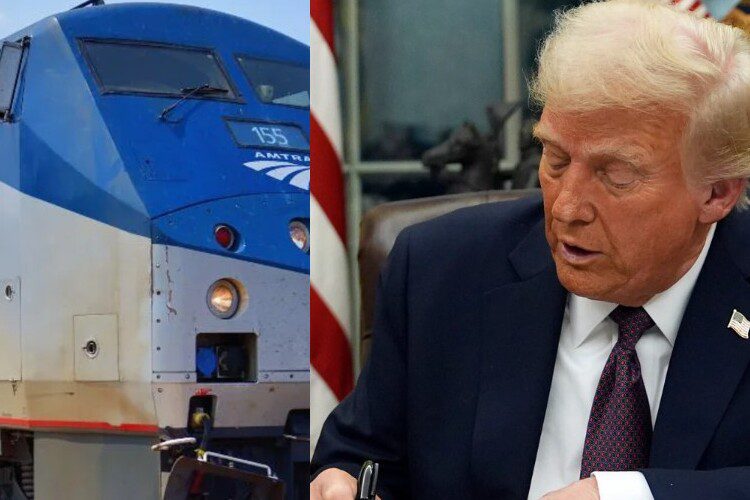President Trump Refuses to Send Tomahawk Missiles to Ukraine, Calling Them “Highly Complex” and Warning of a “Tremendous Learning Curve” Without U.S. Involvement
President Donald Trump made headlines Wednesday after ruling out the possibility of sending Tomahawk cruise missiles to Ukraine, calling the advanced weapons “too complex” for Kyiv to operate without direct U.S. training. The decision, announced during a press briefing in Washington, underscores Trump’s long-held stance on avoiding deeper U.S. entanglement in foreign wars while focusing on “peace through strength.”
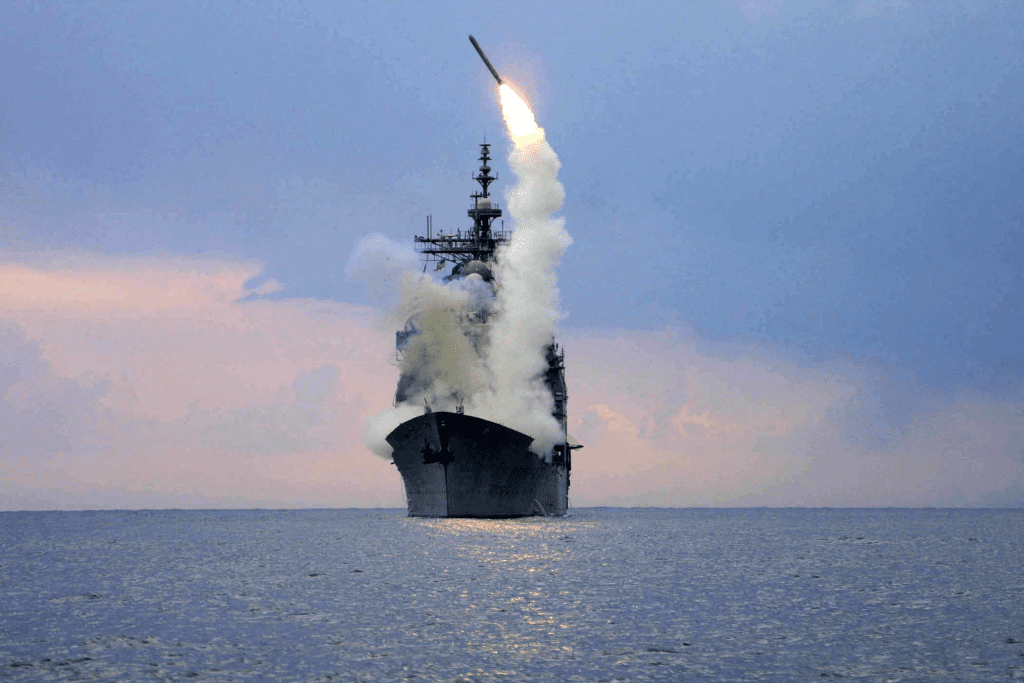
Speaking to reporters, Trump explained that while the Tomahawk is one of America’s most precise long-range weapons, deploying it effectively would require extensive U.S. oversight and months of technical instruction. “The only way a Tomahawk is going to be fired is if we fired it — and we’re not going to do that,” the President said firmly. “It takes a year of intense training to use it properly. Tremendous learning curve. Tremendous system.”
The Tomahawk, manufactured by Raytheon, is a sophisticated cruise missile capable of hitting targets more than 1,000 miles away with pinpoint accuracy. It has been a key element of U.S. military power for decades, used in precision strikes from Iraq to Libya. But its complexity makes it far more than a “plug-and-play” weapon — it requires integration with command systems, specialized launch training, and complex targeting protocols. Trump’s administration made clear that handing over such systems would require either extensive U.S. military training on Ukrainian soil or American operators overseeing their use, a step the President has repeatedly said he will not take.
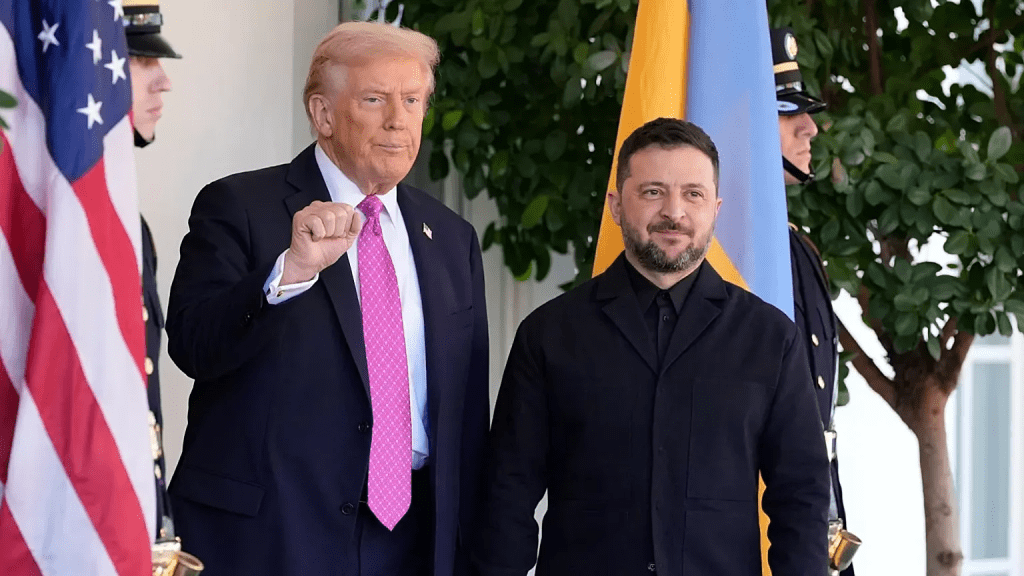
This announcement marks a notable departure from previous U.S. rhetoric under earlier administrations, which had suggested long-range weapons could be part of future aid packages to Kyiv. Trump, however, made clear that America’s focus will remain on diplomacy and sanctions rather than weapons escalation. “We’ve already done more than any country on Earth to stop this war,” he said. “What we won’t do is drag our soldiers into someone else’s battlefield under the excuse of technology transfers.”
The remarks come as the war in Ukraine enters another tense chapter. Peace talks remain stalled, and Russia has ramped up its missile and drone attacks along Ukraine’s eastern border. U.S. intelligence assessments reportedly indicate that Moscow is struggling to sustain its offensive amid Trump administration sanctions targeting the Russian oil sector. Still, Trump’s refusal to send the Tomahawks suggests that his government intends to maintain strong pressure on Russia without crossing red lines that risk direct confrontation.
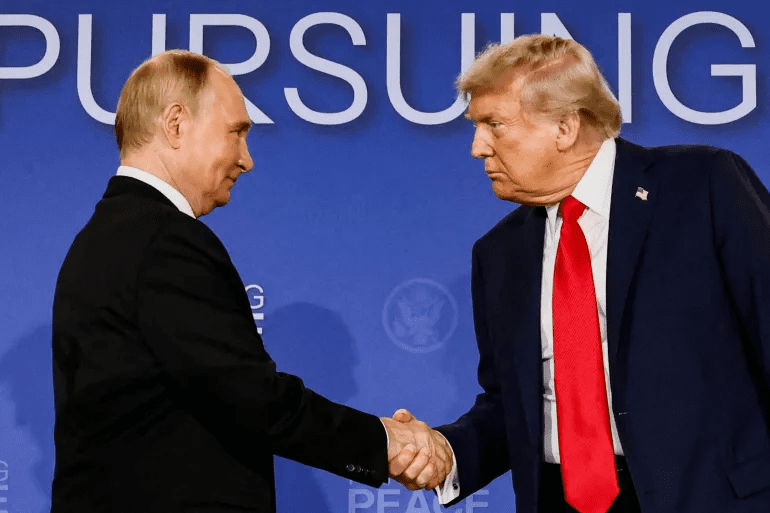
Reactions to the announcement were swift and divided. Supporters praised Trump’s decision as a reaffirmation of his America-first foreign policy, emphasizing that U.S. taxpayers and troops should not shoulder the burden of another prolonged foreign conflict. “He’s prioritizing American security and American interests — plain and simple,” said one defense analyst close to the administration. Critics, however, argued that withholding advanced weapons could weaken Ukraine’s defensive capabilities and embolden Russia further.
Trump’s statement also carried his characteristic directness. “The Tomahawk is an incredible missile — it’s the best in the world — but it’s not a video game. It’s not something you just hand over to somebody and say, ‘Go figure it out.’ That’s not how this works,” he said. “We’ll continue to help Ukraine in other ways — but not like this.”
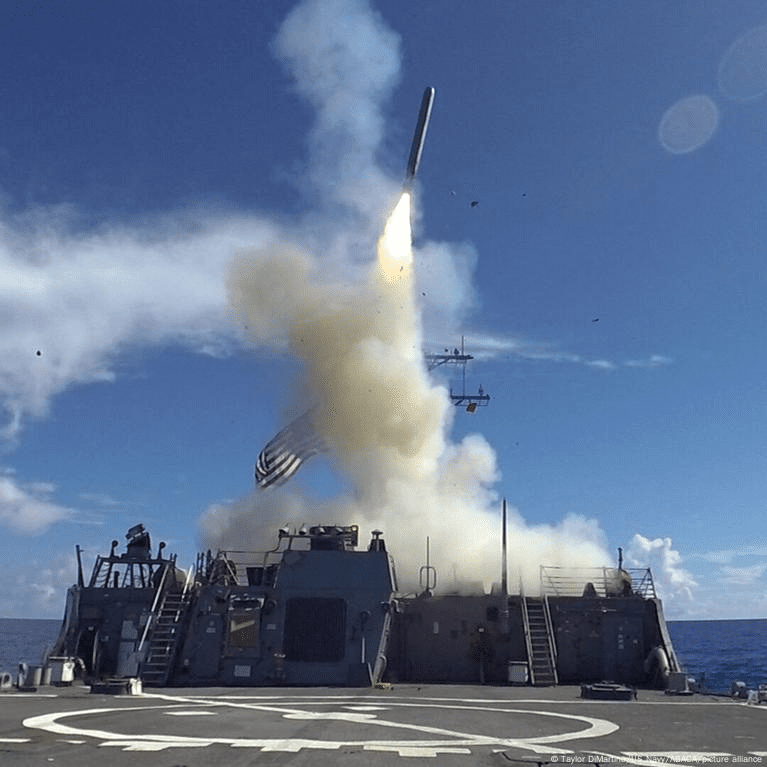
While his decision drew debate, it also reflected his consistent foreign-policy approach: economic pressure, limited intervention, and prioritizing domestic readiness over international escalation. Trump’s administration is currently balancing sanctions, diplomatic outreach, and humanitarian aid to Ukraine while seeking new peace channels with European partners.
The President’s message was unambiguous: America’s most advanced weaponry will remain under American control. As he put it, “We’re strong enough to win without firing a single shot, and that’s the kind of victory we’re going for.”
